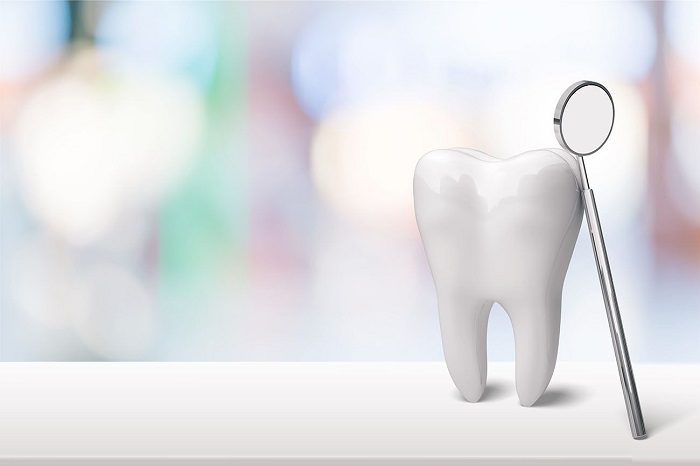You likely know that flossing is an important part of your oral hygiene routine. But what makes oral hygiene and the act of flossing so crucial to maintaining your oral health?
Keeping your smile clean helps you avoid many types of dental concerns, including cavities. This early form of tooth decay will require a dentist’s intervention to restore your smile.
A dental filling may seem like an easy treatment. But you should preserve your natural dental structure for as long as you can.
Flossing your teeth on a consistent, thorough basis can help you avoid forming cavities. Read on to learn more about the role of flossing in cavity prevention.

How Do Cavities Form?
Tooth decay develops on the enamel, the outer layer of the tooth, when naturally occurring oral bacteria penetrates weak spots in the surface of the tooth. The bacteria will then eat away at the dental structure until a hole forms in the enamel, a cavity.
A dentist will need to drill away the decayed part of the tooth and fill the resulting hole with composite resin to treat this cavity. The filling will restore the tooth’s structure and prevent further harm from affecting this part of the tooth.
But you can also take measures to reduce your risk of cavity formation in the first place, including practicing good oral hygiene. And good oral hygiene will include flossing along with brushing your teeth and attending routine cleanings at your dentist’s office.
How Does Flossing Prevent Cavities?
You form plaque due to oral bacteria spreading throughout your day. Oral hygiene, including flossing, removes this plaque before it starts to hurt your dental structure, leaving you vulnerable to cavities.
When you floss in the traditional method, you insert a waxed string between your teeth and maneuver it carefully against the sides of each tooth.
This removes plaque build-up and other lingering residues between the teeth. Your toothbrush cannot necessarily access these parts of the tooth easily.
A dentist can clean these areas of the mouth during a routine appointment. But you need to address build-up between teeth on a daily basis rather than wait for your dentist to scrape away plaque and tartar.
Flossing with proper technique and consistent practice will get rid of these harmful particles, keeping your mouth as clean as it needs to be.
Plaque trapped between teeth can lead to interproximal cavities. This is a type of tooth decay that forms in this specific part of your smile. They are common since a toothbrush alone cannot properly clean these spots on your teeth.
While a dentist can treat these cavities, they might need to remove more of the enamel to reach this part of the tooth. To best preserve your smile, you will want to take preventative measures, including good oral hygiene methods like proper flossing.
Learn more about preventive oral health care when you talk to your dentist in Tulsa, OK. Schedule a routine dental exam and teeth cleaning today online or by phone at 918.347.1114.
